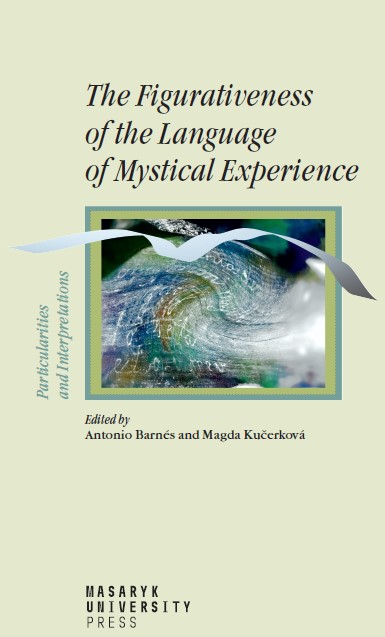PARADOX AS AN EXPRESSION OF THE INEXPRESSIBLE IN SEDULIUS’ PASCHAL SONG
PARADOX AS AN EXPRESSION OF THE INEXPRESSIBLE IN SEDULIUS’ PASCHAL SONG
Author(s): Róbert Horka
Subject(s): Christian Theology and Religion, Ancient World, Other Language Literature, Theory of Literature
Published by: Masarykova univerzita nakladatelství
Keywords: Carmen Paschale; Jeweled Style; Oxymoron; Paradox; Polyptoton; Sedulius; True God and man;
Summary/Abstract: In the middle of the Fifth century, a relatively mysterious Christian poet, Sedulius, wrote his epic composition named Paschal Song. In terms of contents, it is notably a description of Christ’s miracles according to the four Gospels. The poet is facing the reality of something that transcends the common human experience – according to what was defined by the Council of Ephesus and Chalcedon regarding the real divine and human nature of Christ. For such reason, even his poetical language is adapted, in order to describe something that contravenes common reality. A useful and suitable means for reaching this purpose is the frequently employed paradox. The reader/listener can get closer to the indescribable, unprecedented, and inexpressible mysterious nature of Christ. In this way, the author creates a very specific and elegant mystic – and his epic composition becomes a meditative text.
Book: The Figurativeness of the Language of Mystical Experience: Particularities and Interpretations
- Page Range: 134-147
- Page Count: 14
- Publication Year: 2021
- Language: English
- Content File-PDF

